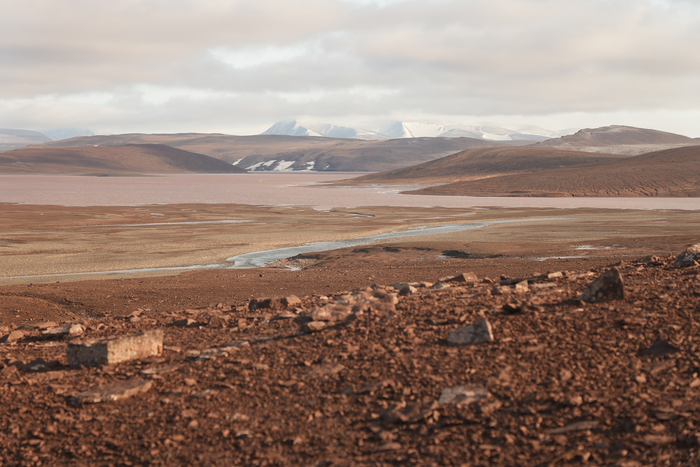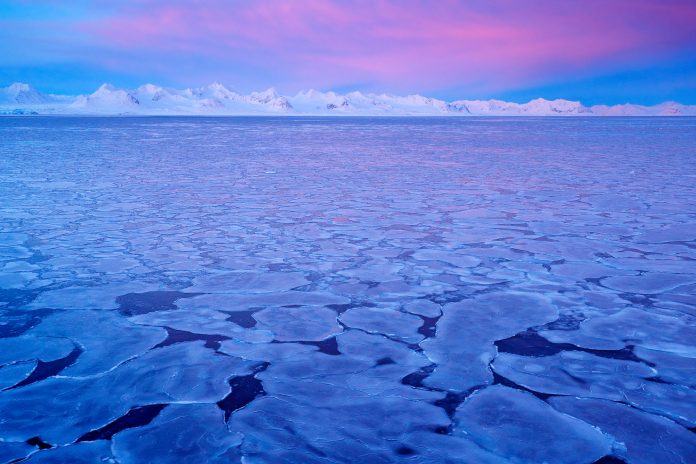Arctic winters are getting steadily warmer due to climate change, resulting in temperature changes kilometres away in the subtropics of East Asia
An international study led by researchers at the University of Zurich (UZH) shows how arctic warming is causing temperature anomalies and cold damage thousands of kilometres away in East Asia.
The international danger of warmer arctic winters
This cold damage and arctic warming is resulting in reduced vegetation growth, later blossoming, smaller harvests and reduced CO2 absorption by the forest in the region.
Comprising of members from Switzerland, Korea, China, Japan and the United Kingdom has found that warmer Arctic winters are now also triggering extreme winter weather such as heavy snowfall and low temperatures as far as East Asia.
The study’s first author Jin-Soo Kim of the Department of Evolutionary Biology and Environmental Studies at the University of Zurich says: “The cooler winters also reduce agricultural productivity of cereals, fruits, root vegetables, and legumes.” With warmer arctic winters causing cooler southern winters – vegetation is taking a hit. Spring ecosystems are being negatively impacted with reduced vegetation activity in the evergreen subtropics.

The interconnected nature of global weather patterns
Combining earth system modelling, satellite data and local observations for the study, the team also analysed an index of sea surface temperatures from the Barents-Kara Sea and found that in years with higher than average Arctic temperatures, changes in atmospheric circulation resulted in an anomalous climate throughout East Asia.
Years that produced a colder conditions through East Asia, researchers estimated a decrease in carbon uptake capacity in the region of 65 megatons of carbon during winter and spring (by way of comparison, fossil fuel emissions in Switzerland are 8.8 megatons of carbon per year).
The reduction in carbon absorption capacity caused by climate change is another major issue that must be taken into account when discussing carbon neutrality.
Man kinds influence on the climate is continually changing the way our ecosystem and environment maintains itself, the warming of the Arctic caused by human greenhouse gas emissions is causing social and economic harm as far south as the subtropics.
“This study highlights how complex the effects of climate change are. While we observe strong warming in the Arctic system, especially over the Barents-Kara Sea, we have now discovered that this warming affects ecosystems thousands of kilometres away and over multiple weeks through climate teleconnections. Arctic warming is not only threatening the polar bear, but will affect us in many other ways” stated Gabriela Schaepman-Strub, co-author of the study.











